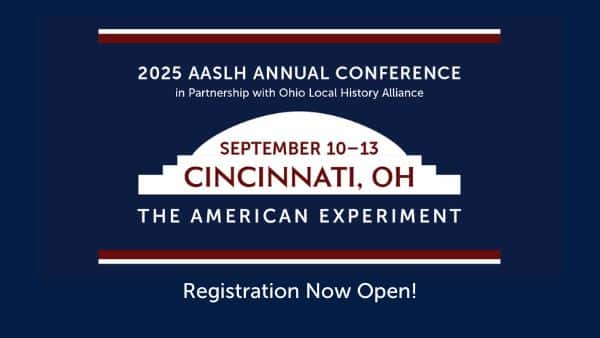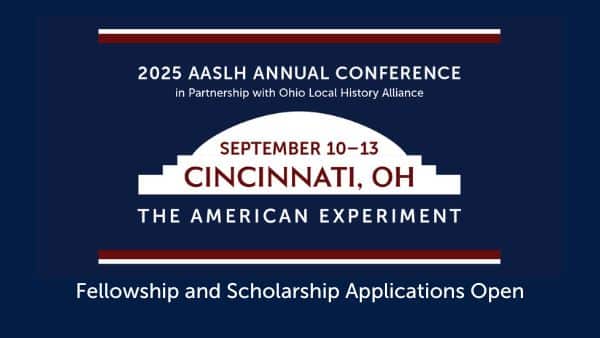As we prepare for the 2017 Annual Meeting in Austin, the Educators and Interpreters Affinity Group Committee is trying an experiment. We’re giving presenters who are chairing sessions with education and interpretation themes a chance to give readers a little more information about them – a teaser, if you will. We’ll share two to three sessions each week. We hope this will be helpful to prospective conference attendees and presenters alike. Please share your thoughts and comments with us!
(If you haven’t heard from us and you’d like to share a post on your workshop or session, drop a line to Sarah Jencks at [email protected])
Session: Taming Civics: Using Historical Narratives and Landmark Court Cases to Bring Civics to Life
Thursday, September 7, 11 a.m.–12:15 p.m.
Chair: Rachael L. Drenovsky, Michigan Supreme Court Learning Center, Lansing, MI
How can we encourage civic engagement, especially in students? “Taming Civics” features ideas to promote responsible citizenship in young people by connecting them with legal history and primary sources.
The Taming Texas project sends judges and attorneys into 7th-grade Texas history classrooms to introduce colorful stories of Texas courts in the past and show how the judicial system has evolved to address real-life concerns today. The project features a website (www.tamingtexas.org/), a textbook available for download and in hardcopy, and related lessons.
The session concludes with a hands-on activity featuring Austin-themed primary sources available through the Library of Congress website. Gain new ideas for using primary sources in museums and classrooms to boost interest and understanding.
“Taming Civics” is sponsored by the Legal History affinity group, which seeks to help you connect with legal history in your community. Ask us how!
Session: White on White: When Standing By Isn’t an Option
Saturday, September 9, 9-10:15 am
Chair: Anna Altschwager, Assistant Director, Guest Experience, Old World Wisconsin-The Wisconsin Historical Society, Eagle, WI
I see a place for facilitation-as-activism, and I want to talk about it. My context is a tricky one, hence the title. I listen to and participate in discussions of diversity and inclusion happening in the field. Yet I’m struggling to find a foothold that feels relevant to my world. I work with almost entirely white, rural stories with an almost entirely white rural, audience. What are ways I can bring diverse viewpoints into this context while connecting today’s debates to the past? I’d like to invite you to this session if you have the same questions.
In this session, I hope to create a space to explore what we can do as facilitators to engage our white audiences with ideas that are powerful, and even transformative, in the face of the reality that the audiences may not see a connection, or want a connection. We’ll share practical ideas and approaches that address short and long term actions. What are the sharpest tools in our kits – critical thinking? Relevancy? Empathy? Let’s talk about what you’ve been wrestling with, what inspires you. Let’s create a network of peers to ensure that our work as educators, interpreters, facilitators, and storytellers can change the world.
Check out other sessions and workshops listed in our Annual Meeting Program Guide!





